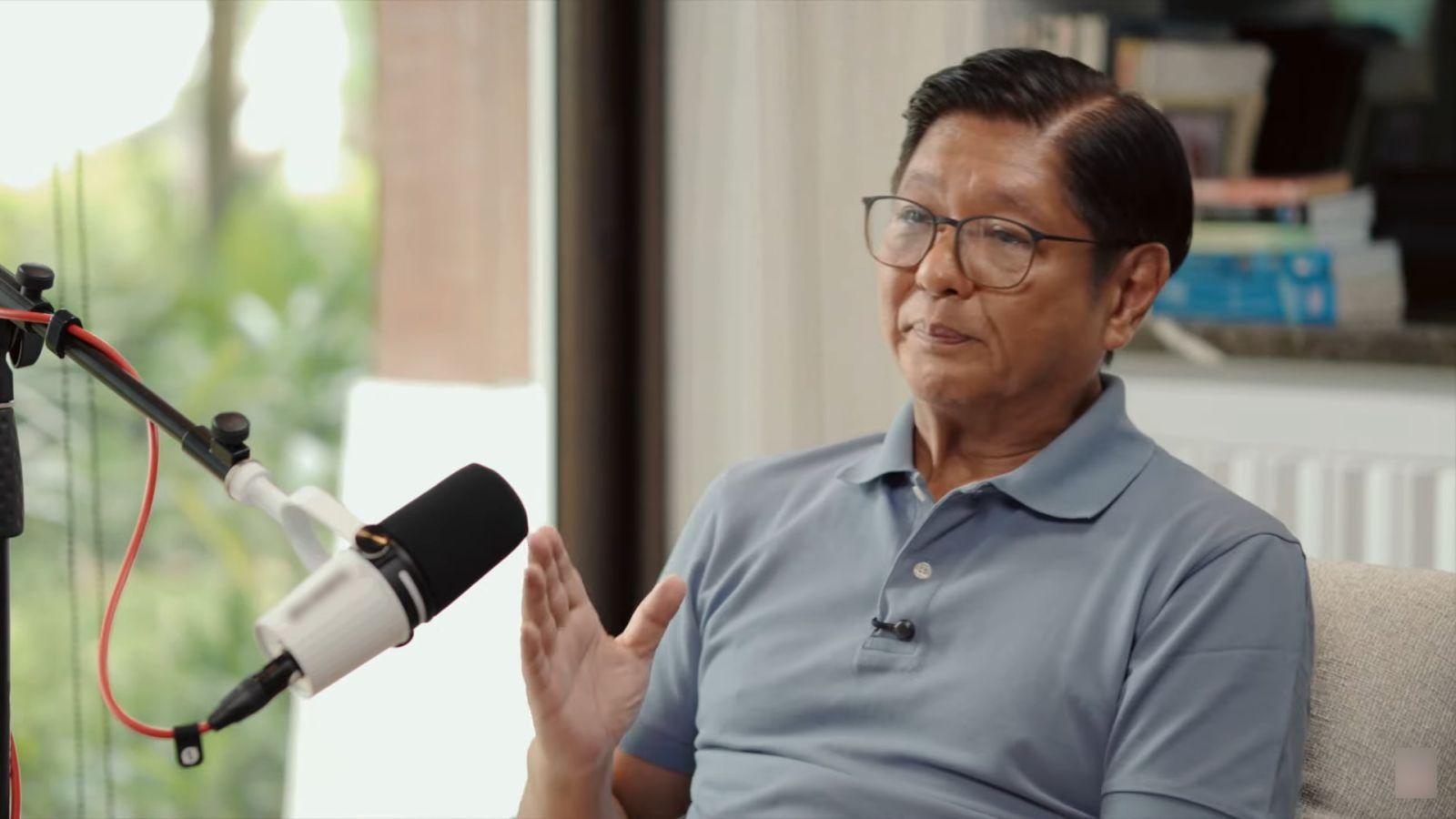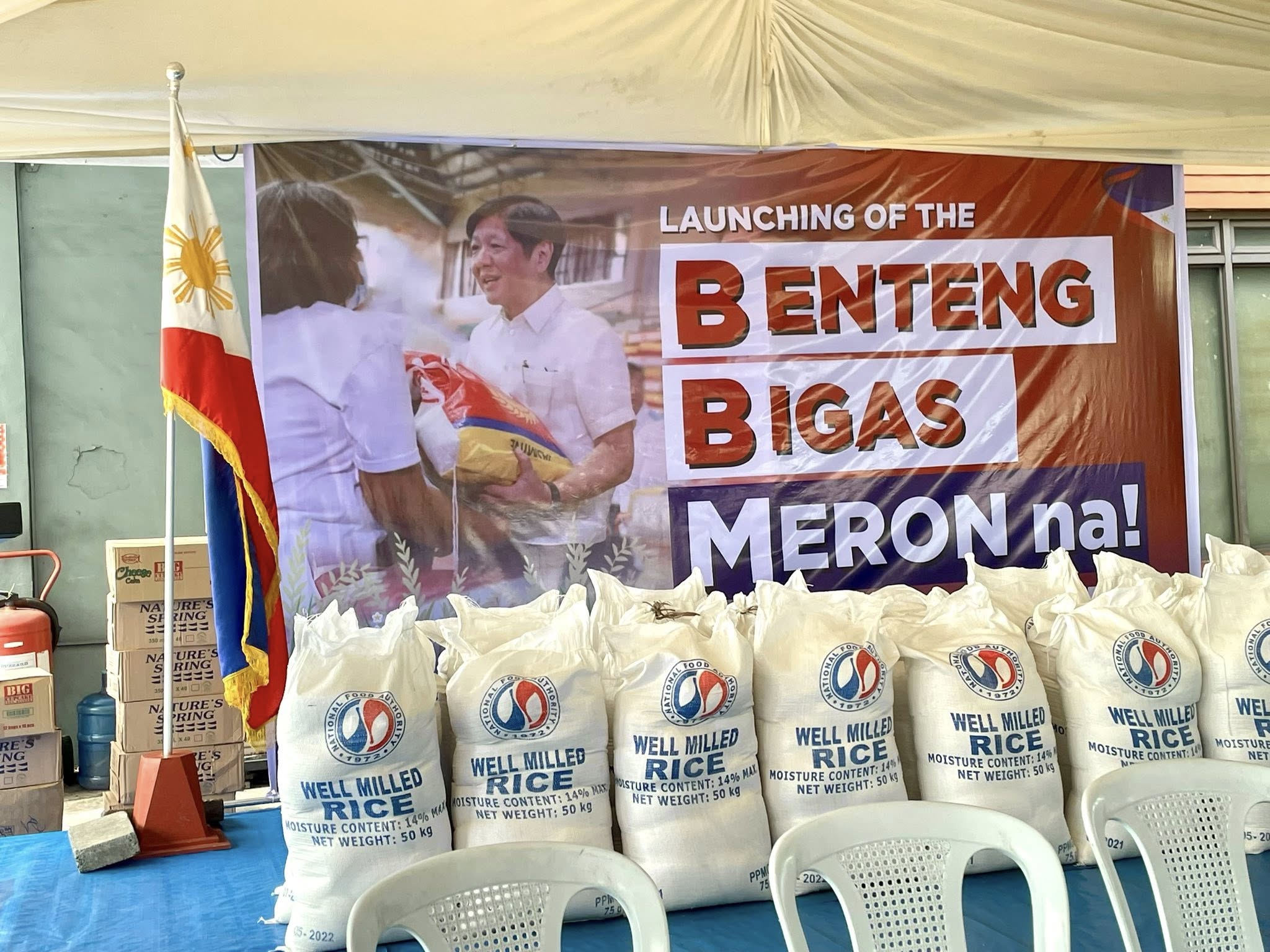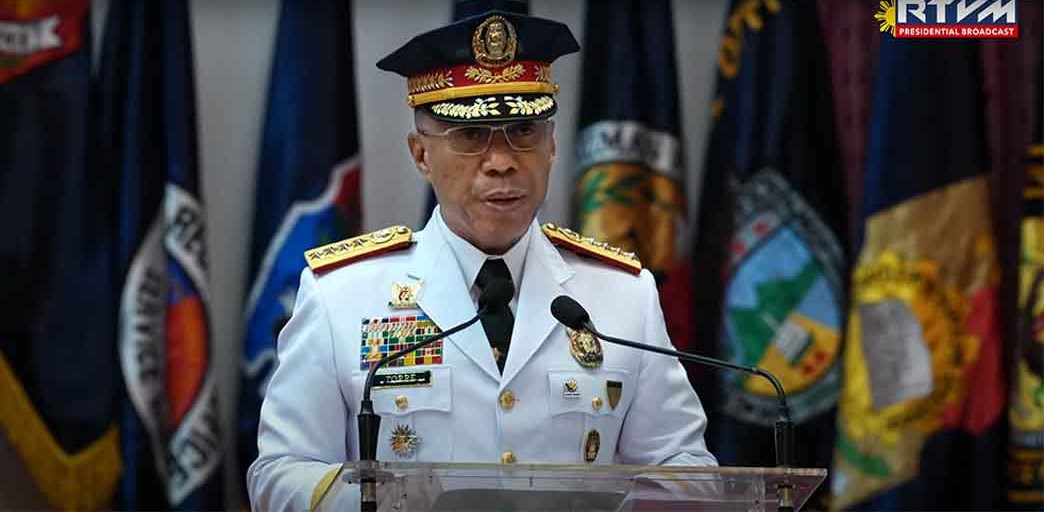
By Dean Aubrey Caratiquet
The BBM Podcast collates updates from President Ferdinand R. Marcos Jr. regarding the latest developments on the government’s initiatives geared towards bridging gaps in various aspects of governance and providing services to the masses.
In the 2nd episode, he discussed the government’s stance on issues related to education, rice, and security by delving into the nuances of these timely topics that resonate well with Filipinos.
On the aspect of education, President Marcos cited the government’s various efforts to address the inadequacies in the country’s education system on the heels of the resumption of classes across the archipelago on Monday, June 16.
The President said on the K-12 curriculum conundrum, “It’s costing more for the parents, madadagdagan ng 2 years pa. We’ll see what the Congress will do, but while the law is still K-12, basta sinabi ko kay Sec. Sonny Angara, pagandahin natin ng husto habang nandiyan pa ‘yan.”
He added, “We have partnered with the private sector and asked them “Ano ba ang kailangan ninyong skills? Ano ba ang kailangan ninyong klase [ng] trabahador? In fairness, the private sector even went one step further. Kung gusto niyo, kami na magpatakbo ng training. Tapos paglabas ng training, dun na siya magtrabaho samin. Kasi eksakto yung training niya dun sa kailangan namin. Yun ang aming ginagawa.”
The Chief Executive also underscored the importance of having sufficient and properly-equipped classrooms as the key towards bolstering the quality of education that pupils attain from attending classes in schools.
He lamented the aging infrastructure in some school facilities across the country, some of which date back to the tenure of his father, late former President Ferdinand Marcos Sr.
President Marcos declared, “There is no effort to help the education kaya yung mga rating natin especially [sa] STEM subjects, pababa nang pababa. [Marami ang] hindi marunong magbasa.”
Moreover, he also cited the key changes that were made to reduce the workload of teachers and increase their numbers to better respond to the educational needs of students.
The Chief Executive explained, “One of the things that we did, binawasan natin ang kanilang admin duties. And we hired many, many more. And we put in place a program for retraining [and] reeducation ng teachers. Kasi marami nang bago, maraming bagong nangyayari, maraming bagong teknolohiya that they have to learn about.”

On matters regarding the country’s staple grain
In the same video message, President Marcos tackled the steps that the government is undertaking to ensure the sustainability of the administration’s “Benteng Bigas Mayroon Na” program.
The President explained, “Our production is slowly going up. Since our production is already going up, bababa ang cost of production. Since bababa ang cost of production, ang pagbenta ng NFA pababa nang pababa. That’s why I’m so confident na masabing sustainable [ito].”
He added, “Basta ipagpatuloy natin. Magbigay tayo ng makinarya sa farmers, pagandahin natin ang irrigation. Mag-research tayo sa IRRI (International Rice Research Institute), UPLB (University of the Philippines – Los Baños) kung ano ‘yong mga magagandang variety, mga bagong planting techniques, para gumanda ng husto ang production side natin.”
The Chief Executive also allayed public fears about the welfare of farmers once rice prices become too low, worrying that the government may not be able to adequately support paddy field laborers who bring food to Filipinos’ tables.
President Marcos assured the masses, “We have to support them. Kahit ano pa ang mangyari sa presyo ng bigas na ipinagbibili natin sa palengke, hindi natin ibababa ang buying price ng NFA. Never bababa ‘yan.”
Likewise, he reaffirmed that the government would continue to support farmers amidst market uncertainties and volatility of rice prices, vowing to double down on increasing the number of KADIWA ng Pangulo stalls that serve as purveyors of affordable rice and other food products.

On sweeping reforms regarding security, peace and order
Before the podcast concluded, President Marcos cited the diverse capabilities and competence as the reasons why former Criminal Investigation and Detection Group (CIDG) chief Nicolas Torre III was chosen as the new leader of the Philippine National Police (PNP).
The President said, “Very soon after he assumed the position of chief PNP, we instigated this new program of “Cops on the Beat”, and nararamdaman na kaagad. That is the only way to regain trust, and that is the only way that people will feel safe.”
Moreover, apart from the five minute response time and a nationwide 911 hotline as some of the major initiatives under PNP chief PGen. Torre’s reins, the Chief Executive also reiterated his firm stance against illegal drugs and his marching orders to the cops and the Philippine Coast Guard.
President Marcos declared, “We still have a drug problem in this country. Pumapasok pa rin ‘yong shabu. Sabi ko, continue [na] hulihin ninyo ang malalaki at tyaka puntahan ninyo kung saan pumapasok. Iyon ang isara natin. And we are slowly doing that.”
He added, “Sinabi ko sa Philippine Coast Guard at Philippine National police, bantayan na niyo kasi ayoko nang bumalik sa merkado ‘yan. Sirain ninyo na agad as quickly as possible.”
jpv
